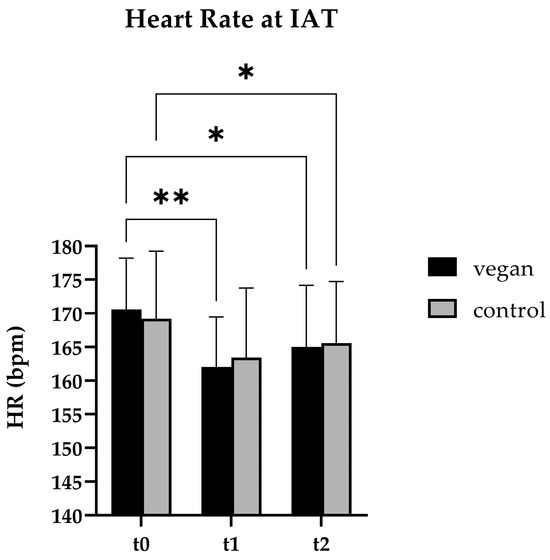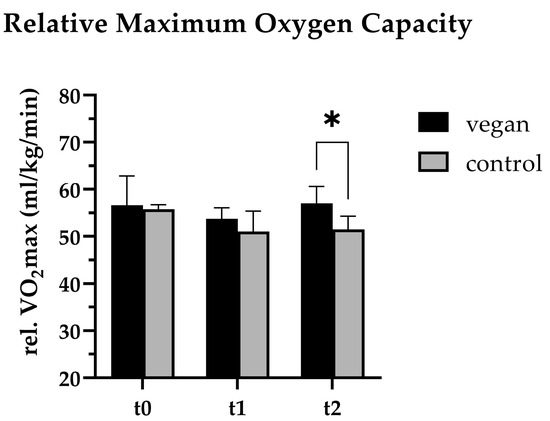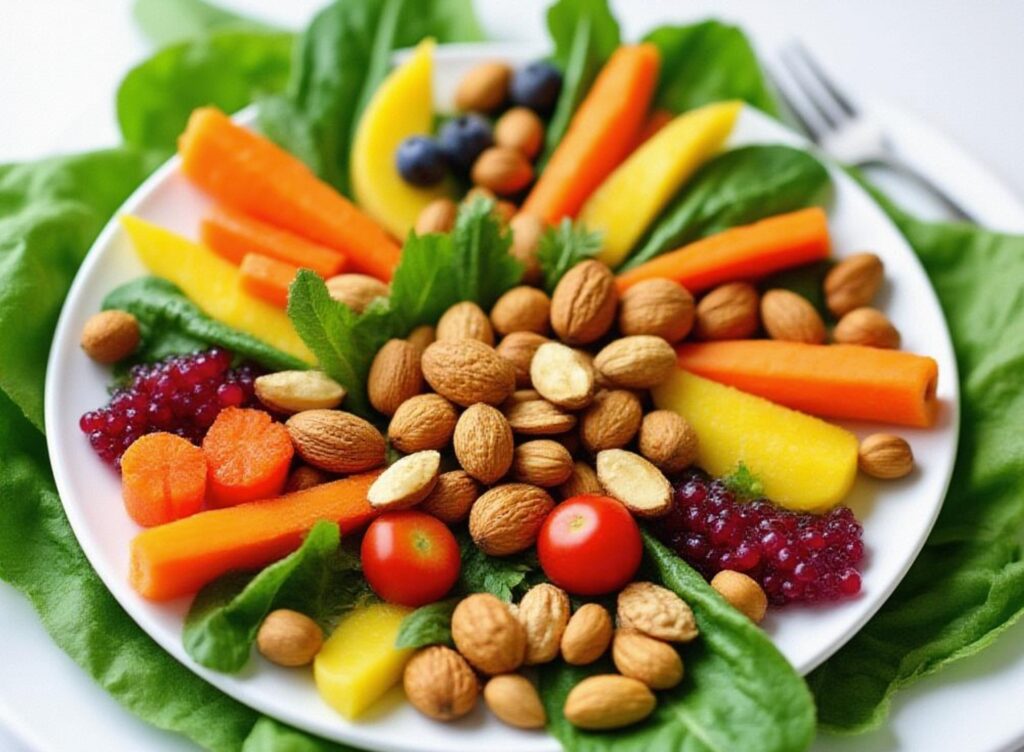Introduction
As awareness of the environmental and health impacts of omnivorous diets grows, many individuals, including athletes, are exploring plant-based alternatives. Athletes, however, have specific dietary needs to fuel their intense training and competitive schedules. A recent study published in *Nutrients* examines how a vegan diet affects the performance of semi-professional soccer players.
The Role of Diet in Sports
In sports science, diet is much more than the sum of its parts. It’s about the balance and quality of nutrients that fuel the body, support recovery, and enhance performance. Plant-based diets are increasingly recognized for their sustainability and health benefits, including reduced cardiovascular risk and oxidative stress, along with promoting better mitochondrial function and energy regulation.
However, questions remain about whether vegan diets can meet the high demands of athletes, especially concerning potential deficiencies in key nutrients such as protein, omega-3 fatty acids, vitamin B12, and minerals like iron and calcium.
Study Overview
This exploratory study involved semi-professional soccer players from the SV Babelsberg 03 sports club in Potsdam, Germany. The study followed a controlled, non-randomized, longitudinal design, comparing self-selected vegan and omnivorous groups over eight weeks during the soccer season.
Study Details
Initially, 16 players were recruited, but analysis focused on 9 vegan and 6 omnivorous participants due to data constraints. Both groups maintained similar body composition and supplement intake at the outset. They trained almost daily for 60-90 minutes and participated in frequent matches.

Key Findings
1. Macronutrient Intake
The study highlighted that both groups consumed inadequate energy and carbohydrates relative to their activity levels. The vegan group, however, showed higher carbohydrate intake through foods like legumes, nuts, and plant milks. Despite this, protein intake for vegans was consistently below recommended levels for athletes.
2. Micronutrient Intake
Vegans had higher intake of vitamins A, E, K, and B12, mainly through supplements. Both groups maintained normal levels of most blood markers, with no significant vitamin D or ferritin deficiencies noted.
3. Body Composition and Performance
The vegan group experienced a reduction in lean mass, suggesting a need for tailored dietary strategies to prevent muscle loss. Interestingly, both groups showed improvements in exercise performance, with reductions in resting heart rate and increased time to exhaustion. The vegan group, in particular, demonstrated a notable increase in relative VO2max, but this was attributed largely to weight loss rather than increased aerobic capacity.

Figure 2. Heart rate (HR) at the individual anaerobic threshold (IAT) of the vegan (n = 7) and control (n = 5) subjects at baseline (t0), start of the intervention (t1), and end of the intervention (t2). The vegan (p = 0.034) and control groups (p = 0.038) significantly reduced their heart rate between t0 and t2. * p ≤ 0.05, ** p ≤ 0.01 (2-way ANOVA).

Conclusions
The short-term adoption of a vegan diet did not impair athletic performance in semi-professional soccer players and may even support certain elements of training adaptation. However, careful dietary planning is essential to address potential nutrient deficiencies.
Given the study’s limitations, including its small size and non-randomized design, further research is needed to generalize these findings. Nonetheless, the study suggests that with proper management, a vegan diet can be a viable option for athletes.
- Nebi, J., Bruns, P., Meier, M., et al. (2025). The Effect of an 8-Week Vegan Diet on the Nutritional Status and Performance of Semi-Professional Soccer Players—Results of the VegInSoc Study. Nutrients. Doi: https://doi.org/10.3390/nu17142351 .



